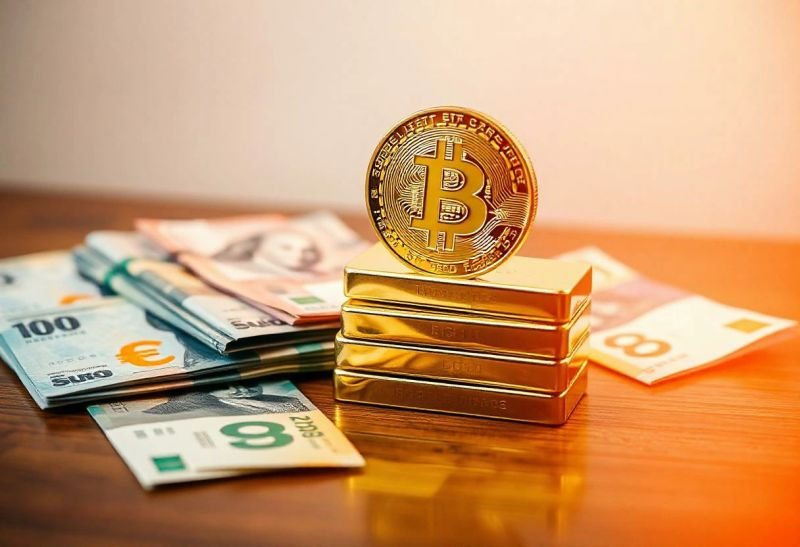Gold Standard
- thebrink2028
- Aug 22, 2024
- 2 min read

In 1971, President Richard Nixon made a decision that would fundamentally alter the landscape of the American economy and global finance. By removing the gold standard, Nixon ushered in a new era of monetary policy
The effects were a mixed bag of economic opportunities and challenges. With the Federal Reserve no longer constrained by gold reserves, the government gained unprecedented flexibility in managing the money supply. This newfound monetary freedom initially spurred economic growth as the government could more easily stimulate the economy during downturns.
However, this flexibility came at a cost. Inflation, which had been relatively stable under the gold standard, began to climb rapidly. By 1980, it had reached 14%, eroding the purchasing power of American consumers. The value of the US dollar on international markets also declined, though this had the silver lining of making American exports more competitive globally.
As the years passed, the American economy, freed from the stability of the gold standard, became more prone to boom and bust cycles. The financial sector grew exponentially, with new instruments and markets emerging to capitalize on floating exchange rates and monetary policy changes.
Perhaps one of the most significant long-term effects has been the widening wealth gap. Asset inflation, particularly in real estate and stocks, has consistently outpaced wage growth. This has led to a situation where those with significant assets have seen their wealth grow exponentially, while many wage earners have struggled to keep pace.
Paradoxically, despite initial concerns about the dollar's stability, it has strengthened its position as the world's primary reserve currency. This status allowed the United States to maintain lower interest rates and higher debt levels than would otherwise be possible.
Today, most developed nations have followed the US in abandoning the gold standard. For countries still considering such a move, the decision is complex and depends on their specific economic circumstances. Moving away from the gold standard can provide greater monetary sovereignty and economic flexibility, particularly in responding to crises. However, it also introduces risks, including potentially higher inflation and exchange rate volatility.
As we look to the future, the nature of money is changing again. Central banks worldwide are exploring digital currencies, while cryptocurrencies continue to challenge traditional notions of money and monetary policy. The increasing interconnectedness of global markets will lead to new forms of monetary cooperation or competition.
As faith in fiat currencies wavers, we will see a resurgence of interest in gold or other assets as stores of value.
The future of money will be characterized by a blend of traditional monetary principles and innovative technologies. As we face new economic challenges, from wealth inequality to environmental sustainability, our monetary systems will evolve.
-Chetan


